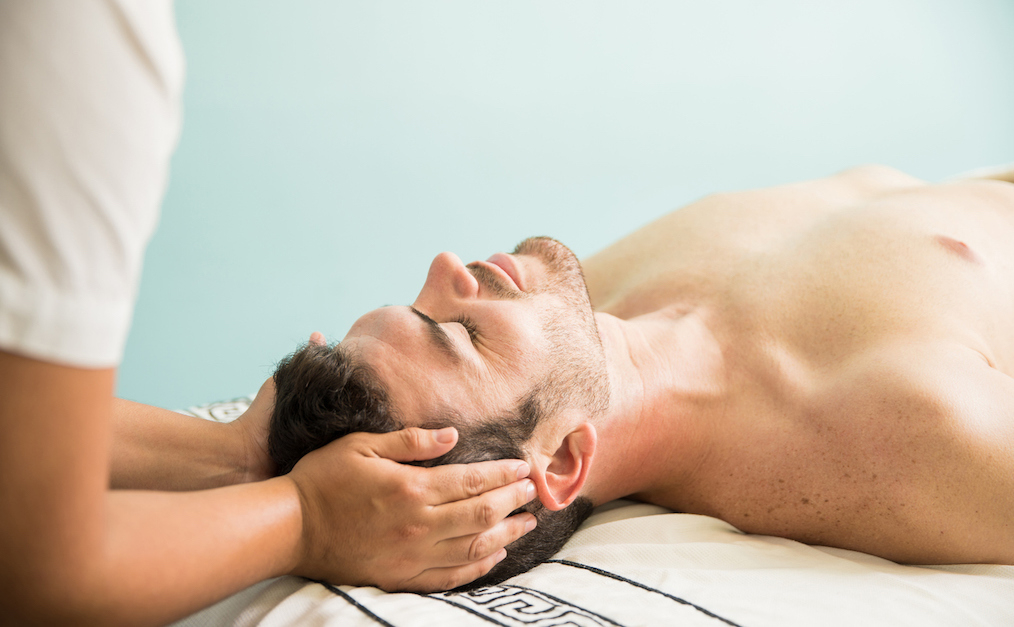During Male Cancer Awareness Week, Scarlet Spy talks to Jennifer Young, founder of Jennifer Young Training and Beauty Despite Cancer, to find out how spa treatments and products can play their part.
Is it safe to have a massage if I have cancer or am undergoing treatment?
Yes, but it's important that therapists have training in oncology massage for the comfort, benefit and safety of both the therapist and the client.
There’s a lot to consider: what type of cancer is it? Where is it? What stage is it at? Which treatment is the spa-goer having? Are they still undergoing treatment or have they finished? Are they having treatment at all? Once we have this information we can decide which products to use in a treatment.
How does an oncology massage differ from a regular massage?
Gaining an understanding of the client's particular experience of cancer is what makes the treatment different – only then can we provide proactive benefits that meet their needs.
We use very gentle massage techniques avoiding any areas where surgery has taken place. It's also important to use the right products to avoid harm and maximise treatment benefits. Cancer treatments can cause brittle nails and itchy skin; the skin also tends to become much more sensitive to certain ingredients.
We train therapists in different types of cancers and treatments, and their impact on the body, as well as treatment protocols and product understanding.
What are the benefits specifically for cancer patients?
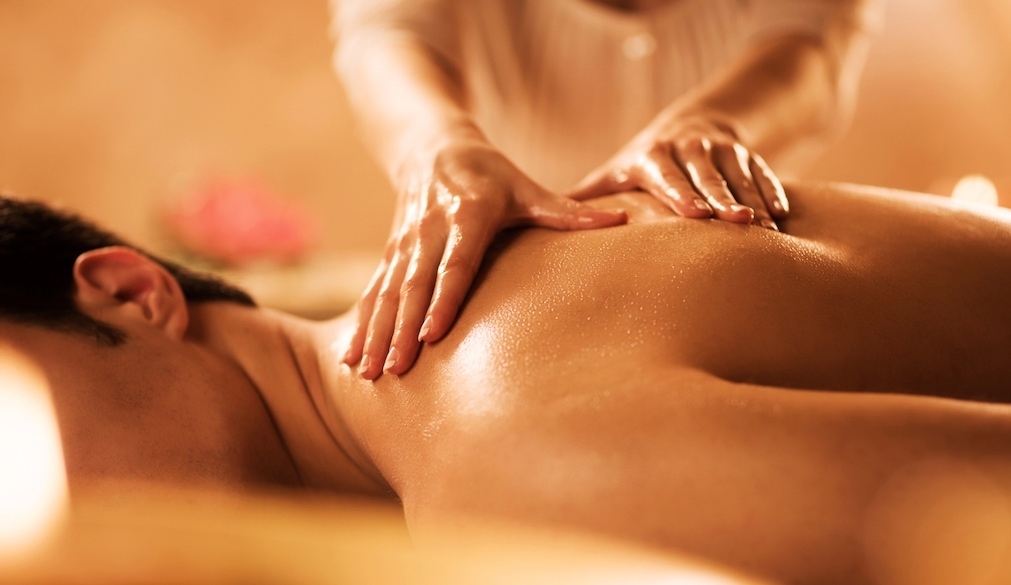
Massage can be a very positive, emotional experience for cancer patients; the benefits are as follows:
Short-term:
● Reduced mood disturbances
● Improved sleep quality
● Improved quality of life
● Reduced pain and stress levels
● Increased relaxation (after a 10-minute foot massage)
● Reduced pain intensity, pulse rate and respiratory rate
● Reduced heart rate and lower blood pressure
● Decrease in physical discomfort, fatigue, and mood disturbance.
Long-term:
● Reduced depression and hostility
● Increased urinary dopamine and serotonin values
● Reduced mood disturbances and perceived stress levels
What other treatments would you recommend?
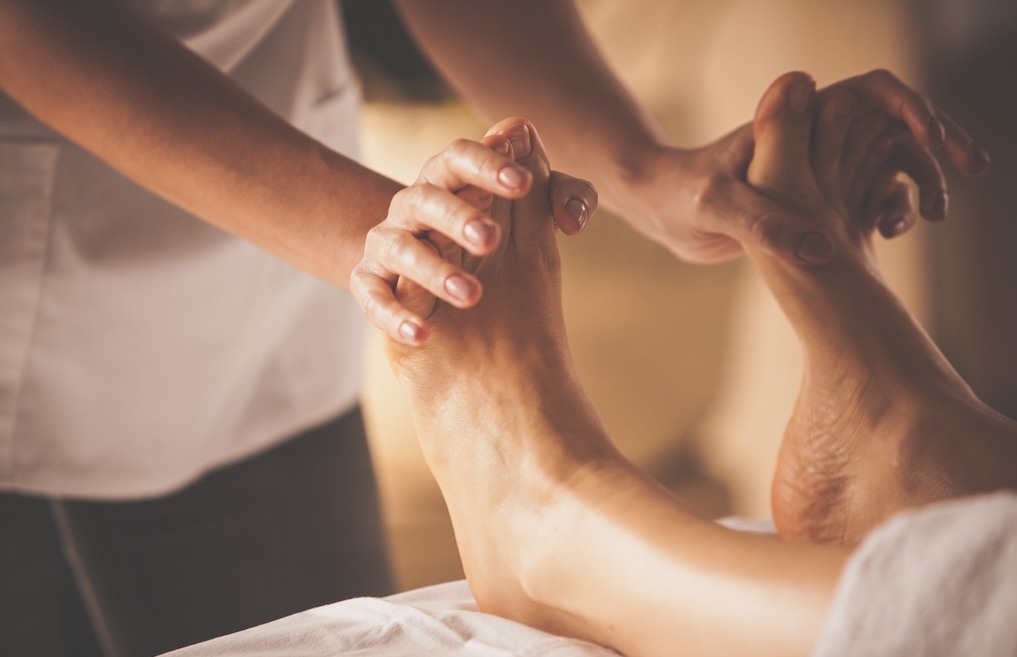
The emphasis is on gentle, effective treatments but I think the best recommendation is to explore a bit, have fun and find therapies that you really enjoy. Reflexology is fantastic and we offer training to adapt this for cancer patients. We also like to incorporate acupressure, which can have targeted benefits.
Our newly launched Therapeutic Oncology Massage qualification helps soothe the side effects of treatment; it’s a really luxurious therapy hinging on the benefits of acupressure and aromatherapy.
Where can I find a trained therapist or spa suitable for cancer patients?
All the therapists that take up our Jennifer Young training in oncology touch therapies are invited to join our Spa Therapist Finder, which shows where to find a qualified therapist on a map. Lots of therapists we work with also highlight their qualifications and treatment offerings on their websites.
Are there any UK spas that you personally feel stand out for cancer patients?
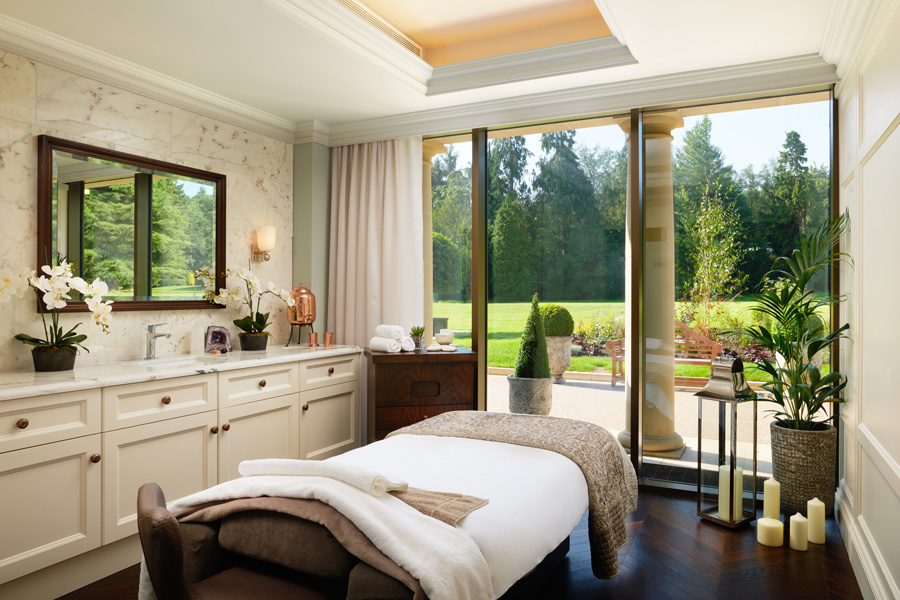
I couldn't really pick a favourite but some of the ones I am very fond of include Grantley Hall (pictured above), Ragdale Hall, and The Soho House and Cowshed Spas.
What products would you’d recommend for men?
We have collections of products for men at Beauty Despite Cancer. I think the most popular product is our Hero Balm which is a really effective, multi-purpose product that’s simple and easy to use. It can be applied to areas of concern including the scalp, face, body, hands, nails and feet.
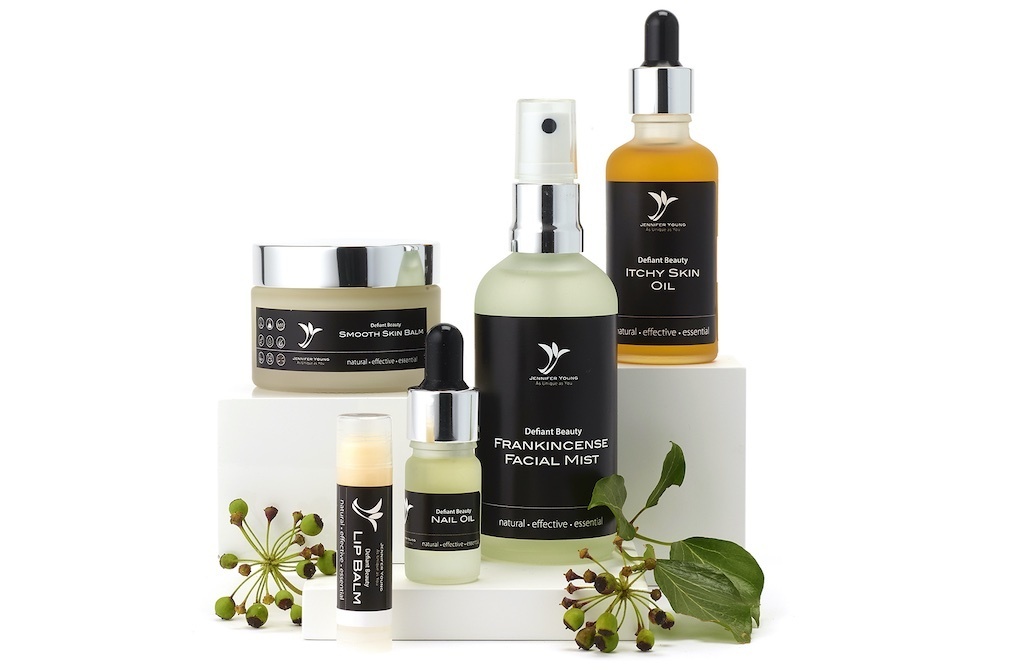
What are the hero ingredients you use in your Defiant Beauty and Beauty Despite Cancer product ranges?
For me, ingredients are everything. We use 100% natural ingredients that are of the highest quality with no filler ingredients. That's why we veer towards balms and oils instead of lotions which require added preservatives.
Some of the best ingredients include calendula (good for preventing infection and healing skin); healing and soothing shea butter; and apricot kernel oil, which nourishes the skin to restore radiance.
We have two main skincare ranges in our collection: Defiant Beauty for anyone undergoing cancer treatment and Beyond Beauty for after. Both ranges contain essential oils to add aromatherapy benefits to the skincare experience.
According to the charity Orchid – Fighting Male Cancer 55,000 of men will be diagnosed with prostate, testicular or penile cancer in the UK each year.
Prostate cancer is the most common with over 47,000 diagnosed annually; an estimated one in eight men will develop the condition in the UK. Around 2,400 men are diagnosed with testicular cancer, commonly affecting men between the ages of 15-45. Penile cancer is the rarest, affecting 630 men each year; it’s more common in men over the age of 50.

Scarlet Spy
12th September 2022
Spy Likes:
Nature-inspired spas, cold water plunges, sound baths, deep tissue massage, delicious food.
Spy Dislikes:
Thin walls in treatment rooms, lounger hoggers, soggy robes, bright lights.
